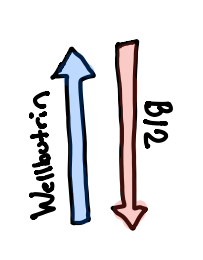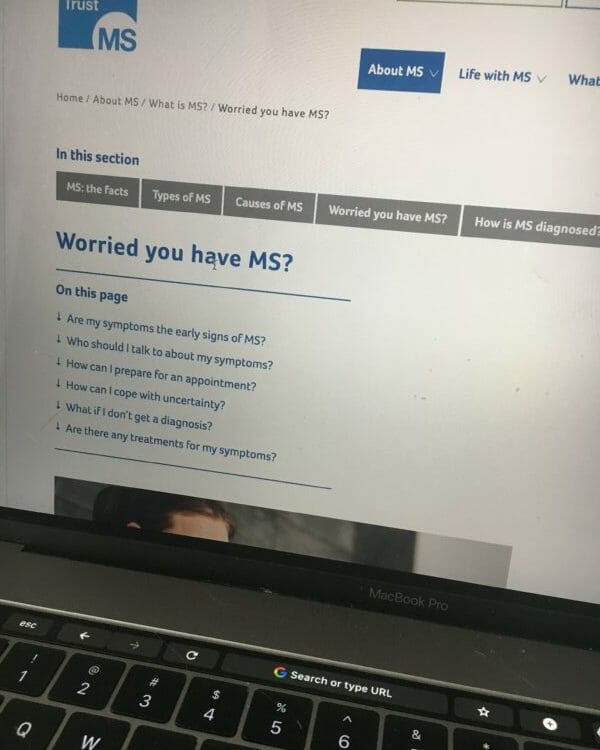
Is your anti-anxiety medication depleting essential nutrients?
February 1, 2018
New Guidelines For Sleep Medication
August 16, 2018Uncertainty = Hypervigilance

Hypervigilance is an intense emotional and cognitive state. In this state, a person is scanning his or her environment and attempting to process information quickly.
Depending on the individual, a person may be more inclined to scan and be hyper-responsive to:
- visual cues or triggers in the environment
- sounds around them
- the emotional states of those around them (often referred to as an empath)
It is a highly enhanced state of sensory arousal that usually leads to sensitivity.
When a person develops a sensitivity, he or she will begin to change behaviors to adapt and cope with the exhaustion of hypervigilance. This may lead to avoidant coping strategies or an exaggerated emotional response to a facial expression, smell, sound, personality type, or communication style. Really, anything that unconsciously or consciously triggers a past fear or negative experience.
Hypervigilance develops as an adaptive cognitive strength in order to detect threatening activity in the environment. Co-existing conditions often include an anxiety disorder or a history of trauma.
Most people report uncertainty is the biggest trigger for hypervigilance.
We’d love to help you change this pattern.



